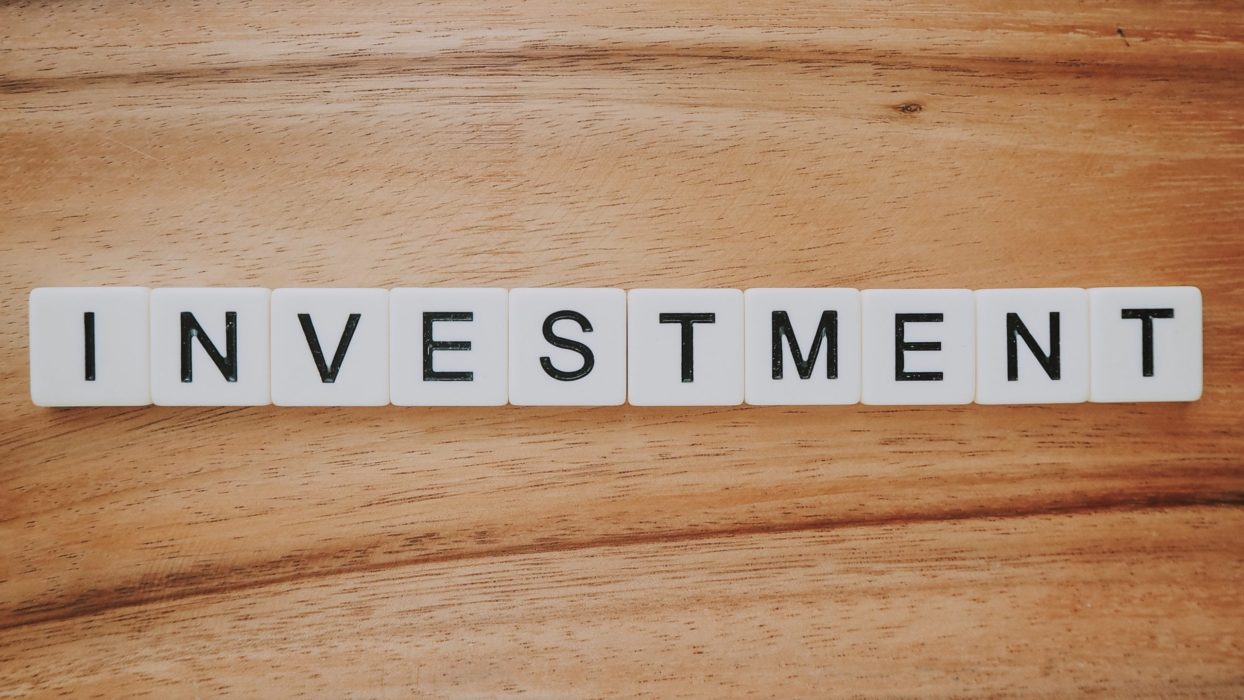Did you know there are actually times when you should NOT invest?
This may seem like an odd statement to make, but hear me out. Investments are good. We grow our wealth by investing. But, there are times when you are better off not investing.
1. When you do not have a fully funded emergency fund
Think of your emergency fund as the foundation on which you are building your wealth. If your foundation is weak or worse, if you have no foundation, the house of wealth you are building will collapse at the slightest shake.
A fully funded emergency fund ensures that you are not driven into financial calamity when emergencies knock at your door.
An investment does not play the same role. Why? Because all investments have an inherent element of risk. This means that when you invest, you know that you can lose some or all of your money in your investment.
Suppose you are faced with an emergency when your investment has lost value. What does that mean for the stability of your wealth?
To avoid such situations, first work on building up your emergency fund. Once this is set up, proceed to building your investment footprint.
If you want to know how to go about setting up an emergency fund, click here.
2. When you do not understand the investment
As an Investment Advisor, I came across many different types of investors. And while each of them was unique, there are a few who stood out to me for their ignorance. They were not bothered to understand the investments we were discussing. They wanted me to pick and choose the investments for them. All they wanted was to sign on the dotted line and proceed with their lives. I never understood this. Needless to say, I ensured that by the time we were finishing our discussion, they understood the different investment options and they made their own investment decision.
How many people have been duped into investment scams because of such lax attitudes towards their investing decisions?
Why would you want to give away all your investing power to an individual or entity who was not there working the hours you worked to earn your money?
Ignorance is COSTLY.
Take time to understand the investment options available to you and make your investment decisions from a position of knowledge.
3. When your investment decision is emotionally driven
The interesting thing about investment markets is just how emotionally driven they are. The markets will swing based on peoples fears and expectations.
In the sea of these emotionally charged markets are investors. Savvy investors, who are able to see beyond the emotions and look at the facts. And in the midst of the market swings, they look for opportunities to make money from their counterparts emotional reactions.
These are the investors, who in the current climate of uncertainty are not rushing to sell off their investments. Instead, they are using the current sell off to their advantage and building up their investment portfolios.
What do such investors know that the rest do not? Money is NOT emotional, therefore money decisions should not be made emotionally.
Emotions such as fear and greed are responsible for the downfall of many investors. Make sure they are NOT in the driving seat of your investment decisions.
4. When you cannot afford the investment
‘Why use your own money when you can use someone elses money?’ This is a statement I have heard over and over again made by individuals who use debt to venture into investments.
I remember reading in one of the dailies a couple of years ago, a renowned politician encouraging young people to secure debt which they would then use to acquire investments. A few years later, the same newspaper reported the politician was on the brink of bankruptcy as a result of debt.
The issue with acquiring debt to acquire investments is that you are using assumption to secure uncertainty. Let me explain.Investment debt makes the following assumptions:
i) You will be able to meet your payment obligations. Meaning you will be able to either maintain your income at the current level or at best, it will increase.
ii) The investment will make a return that will be higher than the cost at which you acquired it.
On paper, these assumptions make sense. But, a spot check with investors who have followed this approach may reveal a totally different reality. Why? Because these assumptions ignore the uncetainty of the investment’s performance. Investments do not always go up, sometimes they come crashing down.
Investing is a long-term game. It is not a get rich quick strategy. If the only way you can afford an investment is by getting into debt, that investment is NOT right for you.
Start where you are, with what you have and watch your investments grow. Slow and steady wins the investment race.
5. When there is a dark cloud on the horizon
There is a fund manager here in Kenya I cannot invest with. They have a great PR machine and their investments seem to be making great returns. But, there is just a dark cloud that seems to hang over them. So while everything looks good on paper, my gut feeling tells me otherwise. And I have chosen to listen to my gut.
Which brings me to my final point. Listen to your gut feeling. Do your homework, cross your t’s and dot your i’s, but if your gut tells you ‘no’…listen to your gut.
Wisdom is a shelter
as money is a shelter,
but the advantage of knowledge is this:
that wisdom preserves the life of its possessor.
Ecclesiastes 7:12
